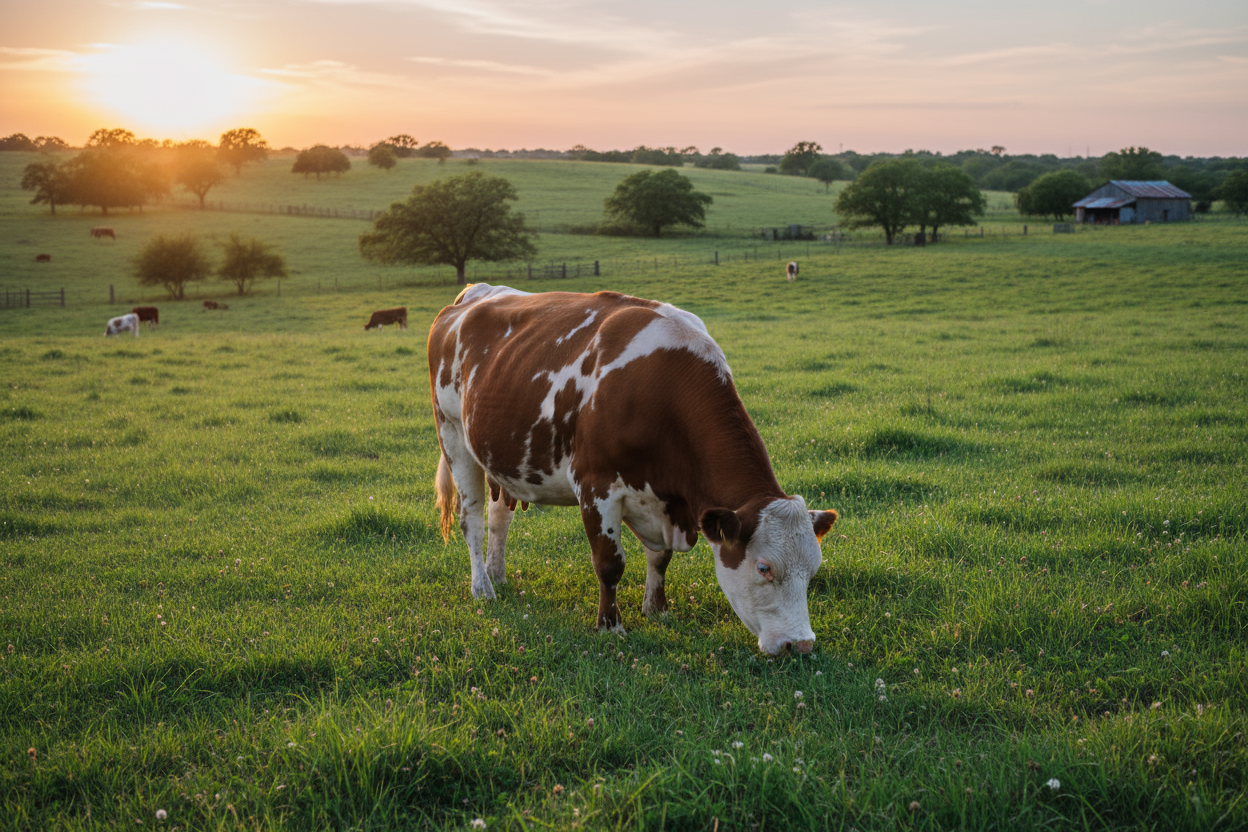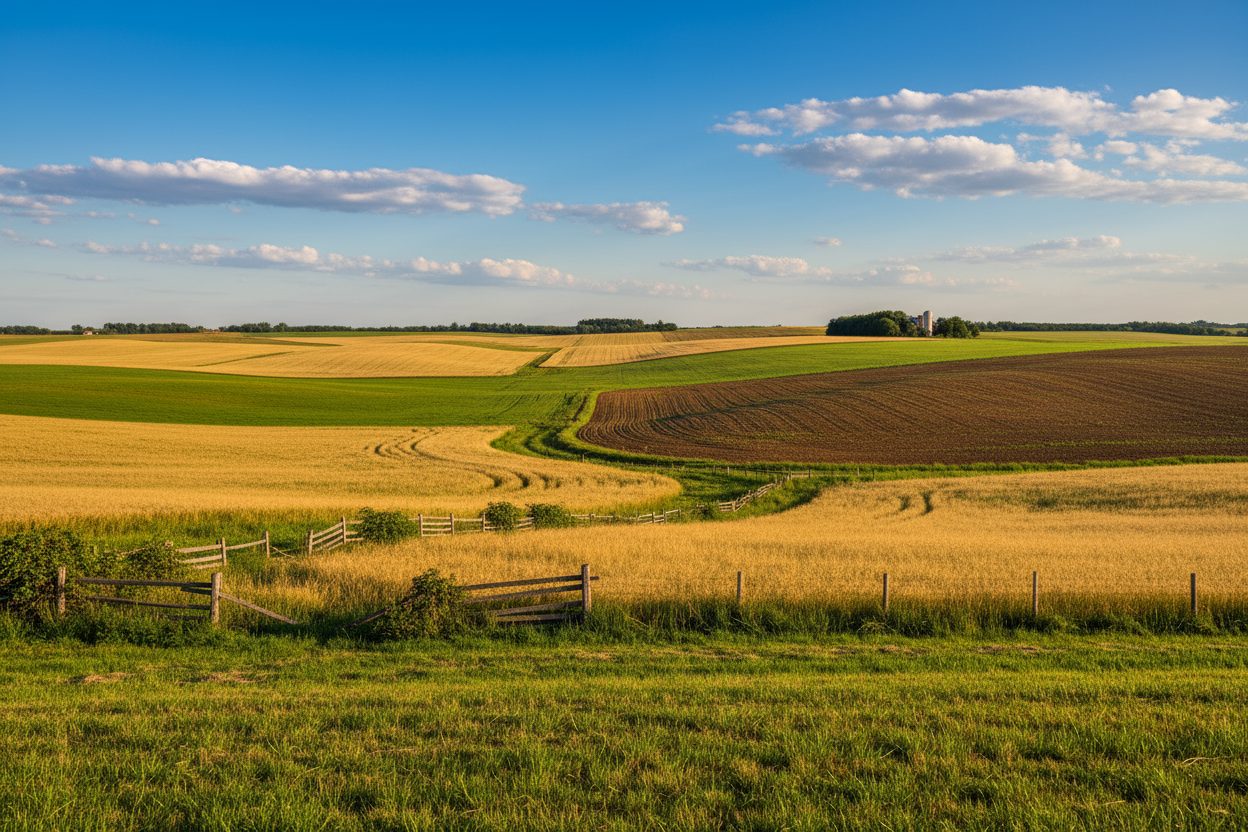Do We Vaccinate Our Animals? Here’s Why the Answer Is Yes
It’s a fair question, and one we hear from time to time: “Do you vaccinate your animals?” The short answer is yes, and there are good reasons why.
Some people have developed concerns about vaccinations, often because of misinformation or confusion about how vaccines actually work. But the truth is simple. Vaccines protect livestock from potentially devastating diseases and have no negative impact on the nutritional value or safety of the meat. In fact, they are one of the most effective tools in responsible animal care and food safety.
Why Vaccination Matters
Vaccination is not about taking shortcuts or adding chemicals. It is a natural, science-backed process that takes advantage of an animal’s own immune system. Just as humans build immunity after being exposed to a weakened or inactive form of a virus, livestock do the same. This prevents widespread illness, reduces the need for medical intervention later, and keeps both animals and consumers safe.
Without vaccination, a single outbreak could devastate an entire herd. Diseases such as blackleg, bovine respiratory disease, or brucellosis can spread rapidly and lead to severe losses. Preventing these illnesses is ncritical to ensuring a food supply for all.
Science and Safety
Vaccines are designed to trigger immunity without causing disease. Vaccine do not change the meat, affect its nutrients, or introduce toxins. In fact, if vaccinations were somehow harmful to nutrition, then natural immunity itself would be considered unsafe — which is not the case. The body’s immune response is a vital, natural defense mechanism that has evolved in all animals, including humans.
Professional ranchers who understand this balance. Vaccines help ensure the herd remains strong and disease-free, which means the meat is cleaner, safer, and more consistent in quality.
The Bigger Picture: Nutrition Is Still Top
It’s important to remember that long-term human health is not determined by whether livestock were vaccinated. The real nutritional concern lies in diet and food chemistry — specifically, maintaining a proper Omega-6 to Omega-3 fatty acid balance, reducing exposure to mycotoxins, and avoiding grain-fed products that disrupt metabolic health.
Vaccinated or not, what matters most is how the animal is raised and fed. Grass-fed, pasture-raised livestock with a balanced diet produce meat that supports a healthy immune system in people as well.
The Bottom Line
At Slanker’s, we follow good science and responsible ranching practices. That includes using vaccines when necessary to prevent disease, protect animal welfare, and maintain the safety of the food we sell.
Vaccination is not a marketing claim — it is a basic part of animal stewardship. Healthy animals raised on nutrient-rich pastures produce the healthiest food possible. That’s what we believe in, and that’s what we stand behind.



